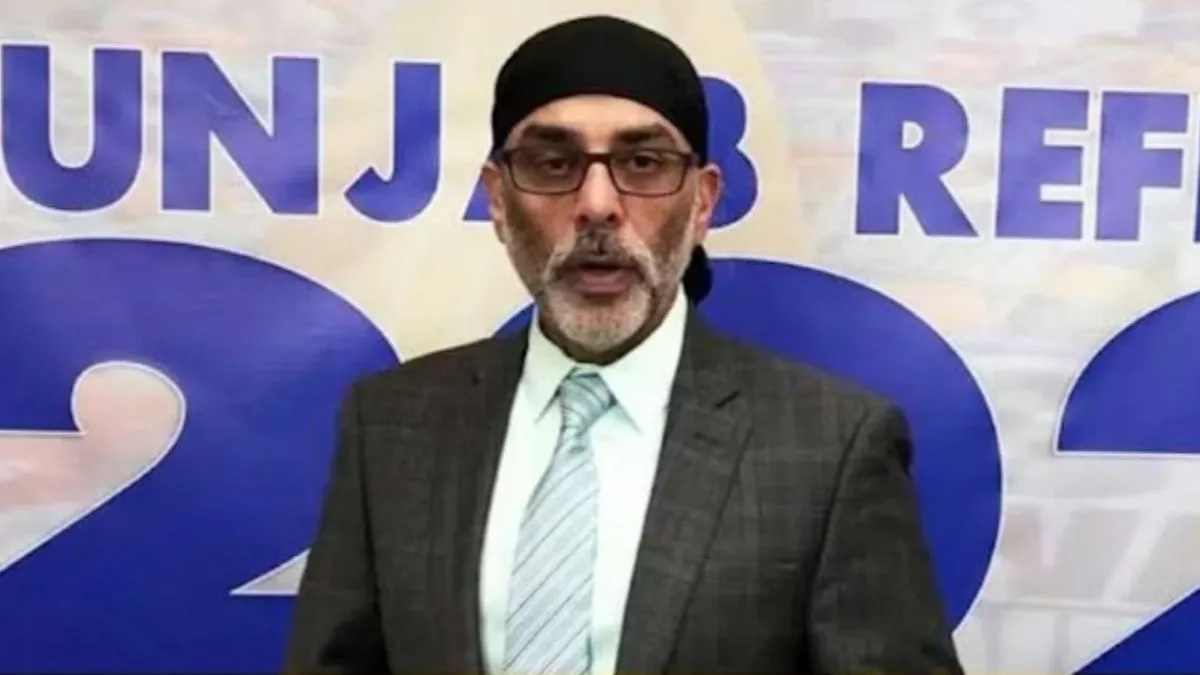The India-Canada diplomatic row has intensified following a US Justice Department indictment detailing a foiled assassination plot against Khalistani terrorist Gurpatwant Singh Pannun. The indictment implicated an individual who was, at the time, employed by the Indian government. This revelation, coupled with other recent events, has significantly strained relations between India and Canada, prompting intense scrutiny of intelligence operations and raising serious questions about the extent of cooperation between the involved nations. This analysis delves into the key aspects of the situation, examining the indictment, the responses from India and the US, and the wider implications for bilateral relations.
The US Indictment and its Implications
The US Justice Department’s indictment exposed a plot to assassinate Gurpatwant Singh Pannun, a designated terrorist by India, residing in Canada. Crucially, the indictment alleged the involvement of an Indian government employee, referred to as “CC-1,” in recruiting an Indian national, Nikhil Gupta, to hire a hitman. Gupta, extradited from the Czech Republic, pleaded not guilty. The indictment doesn’t explicitly name the Indian official but provides sufficient detail for identification. This has led to accusations of India’s involvement in extrajudicial actions and undermines confidence in India’s commitment to international cooperation in counter-terrorism efforts.
Details of the Allegations
The specific allegations detail a sophisticated plan orchestrated across borders, involving communication and coordination between individuals in India and the United States. The involvement of a purported Indian government employee adds a layer of complexity and raises concerns about potential state-sponsored actions. The prosecution’s case will depend on proving a direct link between CC-1 and the alleged plot, relying on evidence gathered through various intelligence channels and potentially intercepted communications.
India’s Response and Investigation
Following the indictment, India formed a high-level inquiry committee to investigate the claims. The Ministry of External Affairs confirmed that CC-1 is no longer a government employee. This action is likely intended to demonstrate cooperation with the US investigation and limit damage to India’s international image. The ongoing investigation into the matter underscores India’s acknowledgement of the gravity of the allegations and the need for accountability. However, the lack of transparency regarding the committee’s findings fuels skepticism and accusations of a cover-up.
The India-US Relationship and International Cooperation
The unfolding situation tests the India-US strategic partnership. The US, while acknowledging the cooperation shown by India, will want a conclusive resolution that determines whether any other elements of the Indian government were involved. Their willingness to indict someone connected to the Indian government indicates that this was not a negligible concern, which demands scrutiny to be addressed. The incident underscores the challenge in maintaining trust and collaboration among intelligence agencies, particularly when operating internationally and managing competing national interests.
The US Perspective on Cooperation
The US State Department expressed satisfaction with the cooperation received from India. The assertion that the accused is no longer a government employee indicates a gesture towards resolving the issue through appropriate channels, rather than escalation. However, the ongoing nature of the investigation implies the US remains cautious and demands continued cooperation to ascertain the truth. This underscores that resolving this event will take time and cooperation and won’t be resolved swiftly.
Challenges to International Cooperation
Events like these highlight the complex issues in international law enforcement and intelligence sharing. Differences in legal systems, procedural standards, and political sensitivities create inherent barriers to seamless cooperation between countries. Establishing transparency, trust, and mutual respect are crucial to maintaining an effective counterterrorism framework while safeguarding national interests.
The Broader Geopolitical Context and Canada’s Role
The incident is occurring against a backdrop of escalating tensions between India and Canada. Accusations of Indian involvement in targeting Khalistani separatists in Canada have further complicated the relationship. Canada’s response, particularly Prime Minister Trudeau’s public statements, have angered the Indian government, adding fuel to this diplomatic crisis and increasing international scrutiny. The need to balance national security and diplomatic relations complicates matters considerably, impacting wider global geopolitical implications and straining established alliances.
Impact on India-Canada Relations
The accusations against India and the involvement of a former government employee are seriously damaging relations with Canada. The event continues to further strain relations due to existing disagreements over the Khalistani issue, creating an unprecedented level of mistrust that would be difficult to reverse immediately. Diplomatic channels and the willingness of the countries to engage and cooperate effectively are pivotal in addressing the core issue of terrorism and preventing it from spilling over and further straining already fragile relations.
Implications for Regional Stability
The incident has significant ramifications for regional stability, especially given the presence of Khalistani separatists in Canada. The presence of extremism complicates relations between nations while jeopardizing safety for millions within and outside of the regions where these acts of terrorism can directly take place. The interplay between national security concerns and diplomatic relations require careful balance and proactive solutions.
Take Away Points:
- The US indictment revealed a significant plot against a Khalistani terrorist with alleged Indian government involvement.
- India’s response has involved internal investigations and the dismissal of the implicated individual, although transparency remains a concern.
- The incident highlights challenges in international intelligence cooperation and trust between nations.
- The India-Canada relationship has worsened, adding a layer of complexity to regional dynamics.
- The events raise broader questions regarding the balancing of national security, international cooperation, and diplomatic relations.




